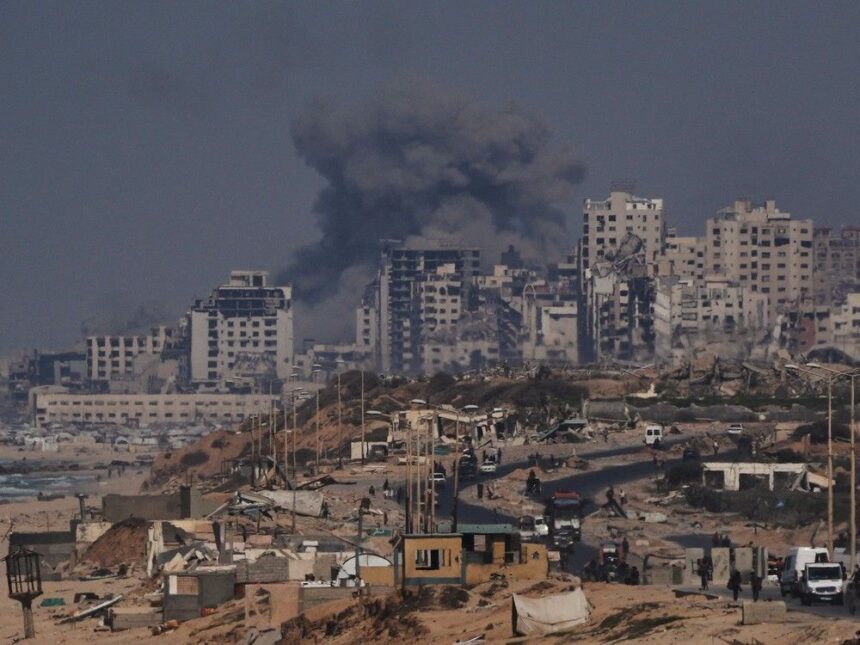In a stark escalation of rhetoric that has sent shockwaves through diplomatic channels, Israeli Defence Minister Yoav Gallant declared that Gaza will face complete destruction if Hamas fails to release the remaining hostages held since the October 7 attacks. The statement comes as negotiations for a potential ceasefire have repeatedly stalled, leaving families of captives in agonizing uncertainty nearly eight months into the conflict.
“Gaza will be destroyed if the hostages aren’t returned,” Gallant stated during a meeting with families of those still held captive. “Hamas has a choice—release the hostages or face the consequences of our continued military pressure.” His unambiguous warning underscores Israel’s hardening position as international peace efforts encounter significant obstacles.
According to Israeli officials, approximately 133 hostages remain in Gaza, though intelligence estimates suggest roughly one-third of them are no longer alive. The humanitarian crisis has deepened as negotiations mediated by Qatar, Egypt, and the United States have repeatedly approached breakthrough only to collapse at critical junctures.
Hamas continues to demand a permanent ceasefire and complete Israeli withdrawal from Gaza as preconditions for any hostage release—terms Israeli Prime Minister Benjamin Netanyahu has consistently rejected, insisting instead on Israel’s right to continue military operations until achieving “total victory.”
Military analysts from the CO24 News defense desk note that Gallant’s comments reflect growing pressure from hostage families and Israeli citizens who have organized some of the largest protests in the country’s history, demanding their government prioritize the return of captives over extended military objectives.
“The psychological toll on families is immeasurable,” explains Dr. Sarah Levin, a trauma specialist consulted by our team. “Each passing day compounds their suffering, while simultaneously hardening political positions on both sides.”
Meanwhile, the humanitarian situation in Gaza continues to deteriorate. UN agencies report catastrophic conditions with over 35,000 Palestinians killed since October according to Gaza health authorities, while approximately 1.7 million people remain displaced in a territory largely reduced to rubble.
Canadian diplomatic efforts have intensified in recent weeks, with Foreign Affairs Minister Mélanie Joly joining other G7 nations in calling for an immediate humanitarian ceasefire and unconditional release of all hostages. The crisis continues to polarize international politics as protests both supporting Palestinian civilians and demanding hostage releases intensify globally.
Economic impacts have rippled through the region as well. The Bank of Israel estimates the conflict has already cost the country’s economy approximately 55 billion shekels ($15 billion USD), with projections suggesting continued military operations could push this figure substantially higher.
As parents and spouses of hostages maintain vigil outside government offices in Tel Aviv, the question hanging over the conflict grows more urgent: at what point might the human cost—both for Israelis waiting for loved ones and Palestinians enduring catastrophic conditions—finally overcome the entrenched political positions that have thus far prevented resolution?










